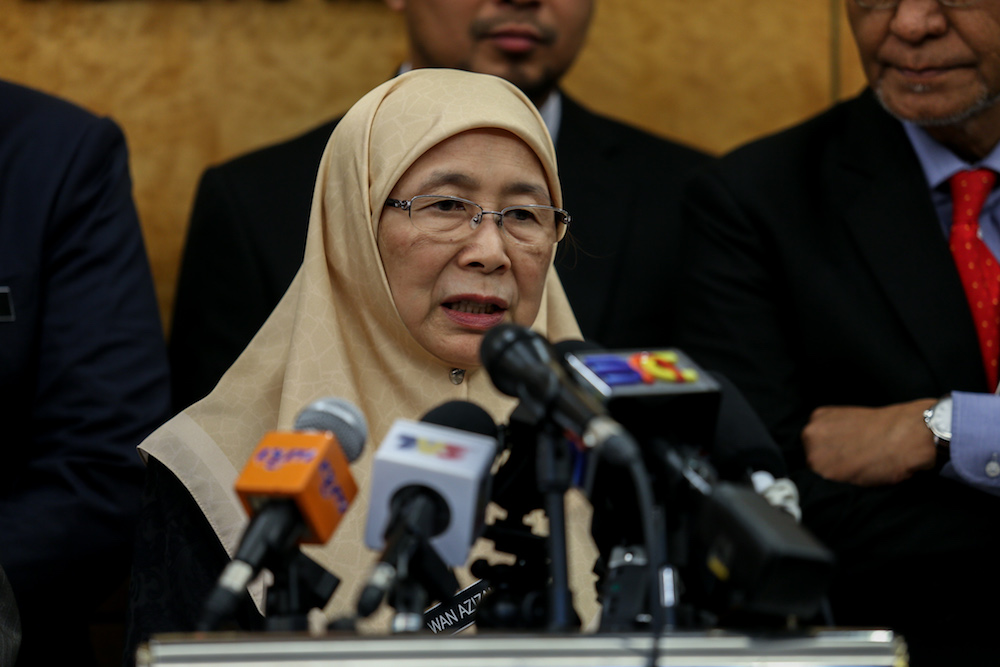Keep an eye out for stagnant water caused by rainfall as the dry weather slowly eases up. Parents, do stay vigilant for empty containers or clogged drains around your home compound as those are ideal breeding spots for Aedes mosquitoes that cause dengue fever.
To curb the spread of dengue, the government intends to release mosquitoes infected with the Wolbachia bacteria in 10 localities in July to increase control over the spread of dengue, said Deputy Prime Minister Datuk Seri Dr Wan Azizah Wan Ismail.
The reason for carrying out this operation is due to the success of a pioneer programme done in 2017. Previously, almost four million Wolbachia-infected Aedes mosquitoes were released into five localities, according to Bernama.
These Wolbachia-infected mosquitoes are an innovation where Wolbachia bacteria is injected into Aedes aegypti mosquito eggs. Wolbachia bacteria is naturally present in 60% of insects, though not Aedes mosquitoes.
Thanks to the bacteria, the Wolbachia-infected mosquito will inhibit the growth of the dengue virus in the Aedes mosquito and thus inhibit the spread of the dengue virus.
Using this technique, there is a target of a 60 to 70% reduction of dengue cases in the localities and thus reducing mortality rates for dengue.
Fighting Mosquitoes with Mosquitoes
Previously, it was reported that the pilot study carried out since March 2017 successfully recorded an 80% decrease in dengue cases in several dengue hotspots.
Three million Wolbachia-infected Aedes aegypti mosquitoes were released in neighbourhoods in Keramat, Kuala Lumpur and Shah Alam, Selangor. In particular, AU2 Keramat and Mentari Court, Shah Alam recorded a 77% and 80% reduction in dengue cases respectively.
Institute for Medical Research (IMR) director Datuk Dr Fadzilah Kamaludin said that once the “invasion” of the Wolbachia-infected mosquitoes reached its peak, 90% of dengue transmission would be interrupted, reported The New Straits Times.
However, the success rate is still dependent on several factors. For example, the type of housing in the area and natural boundaries that obstruct the spread of mosquitoes such as highways, rivers, vegetation, open space, and industrial sites.
Malaysia is the 10th country in the world to pioneer Wolbachia research, and will be the second country after Australia to release Wolbachia-infected Aedes eggs to tackle the dengue epidemic.
According to data from the Health Ministry, 36,285 dengue cases were reported from January to March compared to 14,734 cases for the same period last year. As for dengue fatality rates, 59 deaths were reported nationwide from January to March compared to 32 deaths for the same period last year, an increase of 84.4%.
For more information about parenting and family, please visit Motherhood.com.my.
